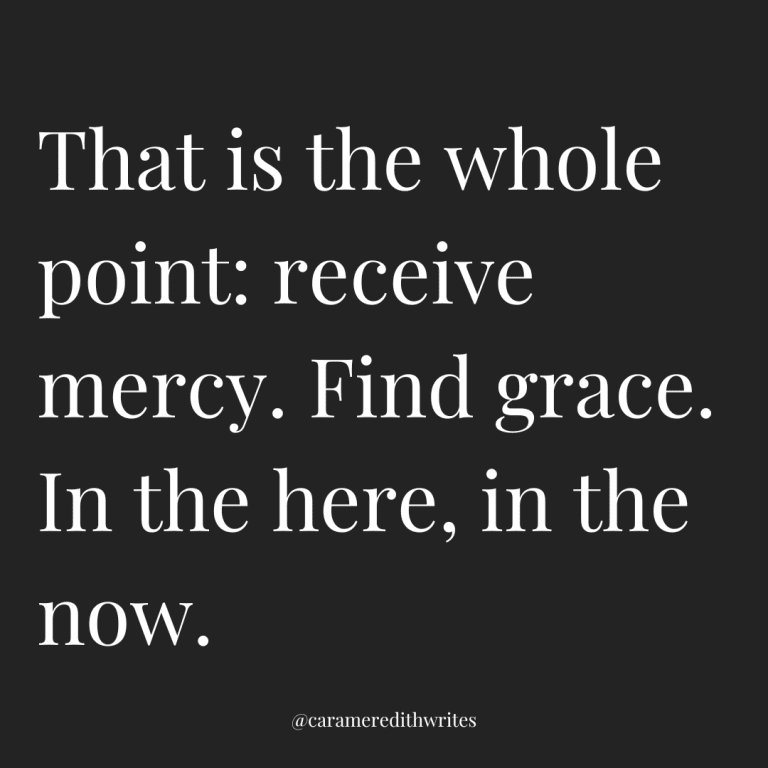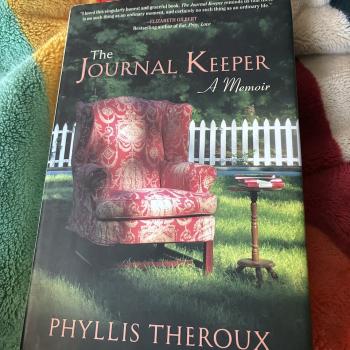A sermon from October 10, 2021, given at St. Paul’s Episcopal in San Rafael:

Good morning!
Truth: my family spent approximately 6,395 hours in the last week playing Monopoly. We have also occasionally eaten food, slept, done our homework (and our “grown up work”), read books, played soccer and walked the dog, but for the most part we have built houses on the orange properties, prayed for a double when we landed in jail – “Please God, let me have a double, double,” my younger son sings, closing his eyes and shaking the dice. We have hoped beyond hope to land on Free Space, for we are those people who build up a bounty in the middle instead of giving it back to the bank.
But really, the reason why we have spent so many hours playing that DANG game is because it’s mattered to the small humans who live in our house. It’s been a way we can be in relationship with them, that we can sit across the table with them and just hang out. My husband and I try for 20-minute “touch points” with the boys every day: 20 minutes of one-on-one intentionality, and if you haven’t played Monopoly in a while, well, the good news is that the game often more-than exceeds that 20-minute touchpoint.
Because for us, the act of sitting down at the kitchen table and playing a board game with my sons has been the most important thing.
And as I sat with the texts this last week, one thing was obvious: sometimes the distance between God and human is big. It’s a gulf, a gap, a palpable break between Point A and Point B.
“If I go forward, he is not there,” Job cried. “Or backward, I cannot perceive him; on the let he hides, and I cannot behold him; I turn to the right, but I cannot see him.”
Psalm 22 is like an up-and-down roller coaster of with-God and without-God emotions. Parts of the body are mentioned 12x, animals 4x – moments of distress followed by hopeful buildups to “Yet.” “YET you are holy … Yet it was you who took me from the womb, who kept me safe on my mother’s breast.” The gospel of Mark isn’t all that different, when the questions asked to Jesus and his statements in return act almost as a funnel, a vortex, a spiral of sorts down to a single, most important truth.
And that single, most important truth is an invitation into the now, into the Kingdom, “so that,” as the writer of Hebrews says, “we may receive mercy and find grace to help in the time of need.”
That is the whole point: receive mercy. Find grace. In the here, in the now.
So, how do we receive mercy and find grace, right here, right now? At St. Paul’s, we’ve been on a journey of reclaiming sabbath, of taking a deep-dive into countercultural pursuits of rest and not-doing – of learning how to be with God and with ourselves, all over again.
When I was here last month, I talked about some of my sabbath practices, which mostly involve a whole lot of books and a whole lot of Trader Joe’s frozen food, but also, a break from technology and digital pursuits. It means not checking social media and email from 5 o’clock Saturday until 8 am Monday morning.
This is my favorite day of the week, but it still makes me wonder about what it means to “receive mercy and find grace,” to not merely talk about the things we might do to practice and reclaim sabbath, but to think on the VERBS that happen in us and through us when we reclaim sabbath.
Verbs, of course (the former high school English teacher in me says to you), are action words. So, what is the action happening in us when we receive mercy and find grace?
The words “mercy” and “grace” are often intertwined; we think mean the same thing, when actually, they are quite different.
Because the word of God is living and active, we have Jesus the high priest who dares us “approach the throne of grace with boldness, so that we may receive mercy and find grace to help in that time of need.”
And I don’t know if you’ve ever been in a time of need, but when your world is flip-turned upside down, when sickness and death happens, when divorce becomes reality, when mental illness overwhelms, when God feels farther away than tucked closer in – when we are in a place of pain, sometimes the only thing we can do is receive a loving response.
And that loving response that comes from a place of pain is mercy, plain and simple.
Might that be what God is inviting you into today? In your place of pain, receive a loving response.
“We may not remember how we have been shown mercy in such a dramatic way,” writes author and Episcopal priest Becca Stevens, “but we all have experiences of it, experiences where we didn’t get what we deserved but were offered mercy in what feels like grace wrapped in forgiveness tied up in a bit of luck.”
When crisis hit our family earlier this year, sometimes there was nothing I could do but receive: receive a meal, because I could not cook for myself. Receive a prayer, because I could not pray for myself. Receive an old neighbor riding his bike over to our house to CLEAN MY TOILETS because I could not clean them for myself.
Mercy, Mercy, Mercy. Sometimes, truly, that becomes the only thing we can utter in response. “Fine, I’ll take it,” we say. We do the only thing we can and just receive.
But then, when we’re ready, we start to look again: we actively begin looking and opening our eyes wide to “find grace,” to likewise look for the gifts that are undeserved, to search for those little bits of light in the darkness.
Look, the wild orange of a sunrise! Look, a bounty of heirloom tomatoes in October! Look, the gift of a “just because, thinking of you” text! Because sometimes grace is an attitude, an active choosing to see what’s already all around us and acknowledge that all is a gift, all the time.
A week ago, my boys and I drove just a little bit north to Petaluma to go camping for the weekend. We went without Dada and without Rufus the dog, for this has become the special thing we do, just the three of us.
On Saturday night, when we were already completely dirt-encrusted and smelling of campfire, when we’d pretty much been wearing the same clothes for 24 hours and our bellies were plumb-filled with s’mores, we sat in our camping chairs and looked up at the stars.
“There’s just so many of them.” “Mama, this is the best.” “Can we do this every weekend?” The statements and questions poured in, all of our eyes wide open to the gift above us and beside us, to the grace evident around us.
Even though we didn’t deserve that moment, that moment was ours to search for and find and relish in, for that moment was grace.
That moment was God. That moment was the Kingdom. That moment was the gift we were given, in our time of need.
Friends, as you seek to reclaim sabbath, whatever and however it looks to you, might you also seek to receive mercy and find grace.
Might these gifts be yours today. Might this be the most important thing.
Amen.













